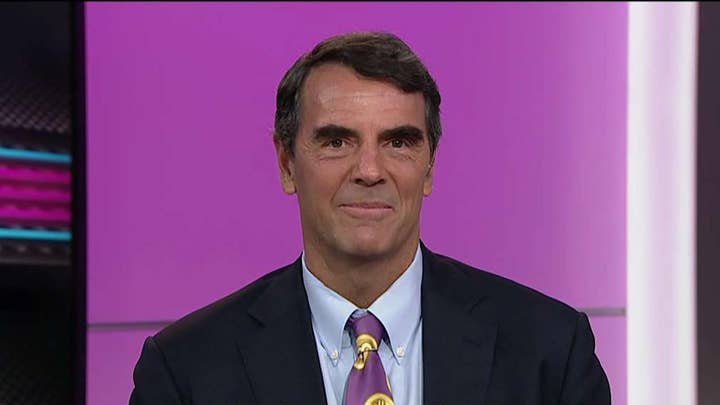The California Supreme Court on Wednesday blocked a proposal that would split the state into three from the November ballot.
The court wrote that it took the step “because significant questions have been raised regarding the proposition’s validity and because we conclude that the potential harm in permitting the measure to remain on the ballot outweighs the potential harm in delaying the proposition to a future election.”
Last week, an environmental group sued to have the measure removed from the ballot. To substantially alter the state's governance under the California constitution, the group argued, a constitutional convention would need to be called -- and that requires a supermajority of both houses of the state's legislature.
A ballot initiative, the group said, was constitutionally insufficient.
“In seeking to remove this initiative from the ballot, we are asking the court to protect the integrity of both the initiative process and our state constitution,” Carlyle Hall, an attorney representing the environmental group, the Planning and Conservation League, said in a statement. “Proponents should not be able to evade the state constitution simply by qualifying a measure as one thing, when it is so clearly another.”
The California Supreme Court has held that while amendments to the California state constitution through ballot measures are appropriate, more significant "revisions" of the constitution require action from the legislature. For a measure to count as a "revision," the California Supreme Court has ruled, it "must necessarily or inevitably appear from the face of the challenged provision that the measure will substantially alter the basic governmental framework set forth in our Constitution.”
WATCH: THE EFFORT TO SPLIT CALIFORNIA IN 3 EXPLAINED
But the sponsor of the “Cal 3” initiative to split California into three states -- in the name of increased government efficiency -- asked the state's Supreme Court last week to dismiss the lawsuit calling for the proposal to be pulled from the November ballot.
Tim Draper, a venture capitalist who spent more than $1.7 million supporting the initiative, told the court in a letter that there wasn't enough time to properly consider the legal challenge to his effort.
He also claimed the measure was appropriate for the ballot process, and claimed splitting up California would make the state easier and more efficient to govern.
"I have been given just a day or two to respond to a complex, multi-faceted attack on my Constitutional right to initiative," Draper wrote. "This Court's long history of jealously guarding the exercise of initiative power should not be cavalierly disregarded now, especially on such a truncated timetable."
The court was under pressure to decide the issue quickly, because the California November ballot reportedly was set to go to the printer in early August.
Wednesday's order is not a final ruling on the constitutionality of the ballot measure, but experts said the judges would not have removed the measure from the ballot if they did not feel strongly that it was unconstitutional. The California Supreme Court said it will determine the merits of the measure's constitutionality in the future.
Passing at the ballot box would have just been the first hurdle for the initiative. The measure, after passage, then would direct the governor to ask the U.S. Congress for the ultimate approval to split the state into three — likely a tall order.
Fox News' Amy Lieu contributed to this report.




